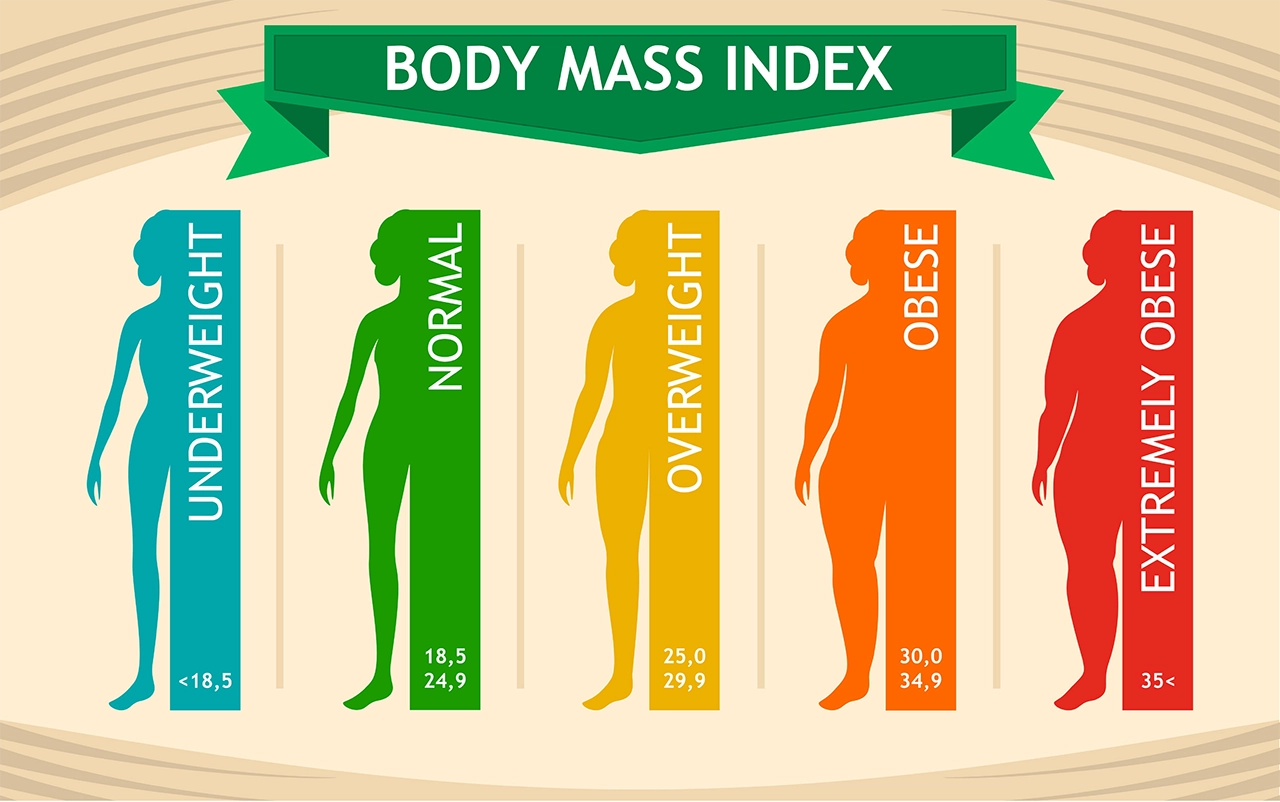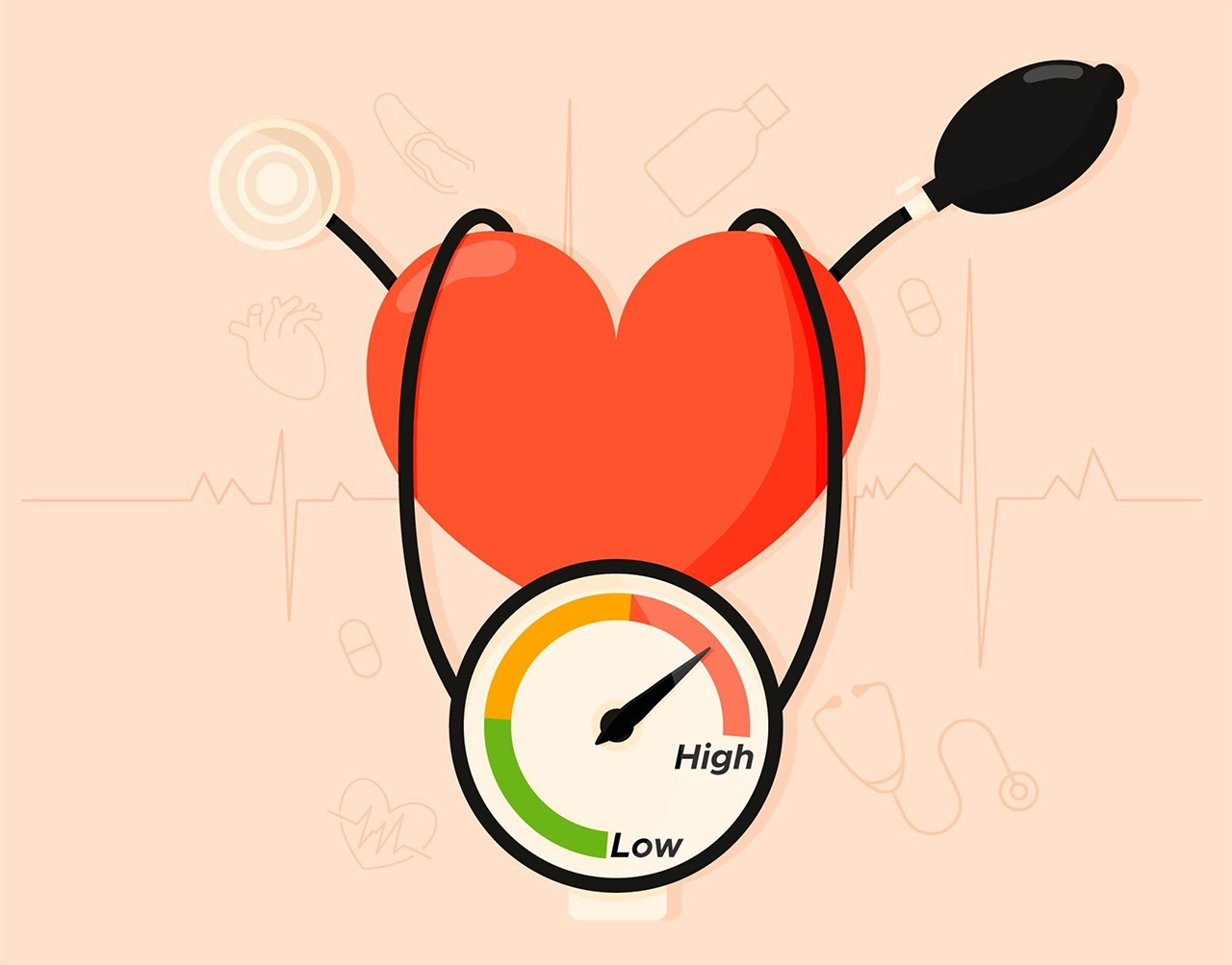Insulin response to sugar and longevity: the hidden factor that should not be overlooked
Insulin resistance is a condition in which normal amounts of insulin in the muscles, liver and fat tissue do not elicit the expected response, leaving the cells unable to effectively take up glucose from the blood, leading to elevated blood sugar levels. It has been linked to a number of health problems, including type 2 diabetes, high blood pressure, cardiovascular disease, stroke, peripheral arterial disease, heart failure, non-alcoholic fatty liver disease, dyslipidaemia (low HDL cholesterol and high triglycerides), and even some types of cancer.




